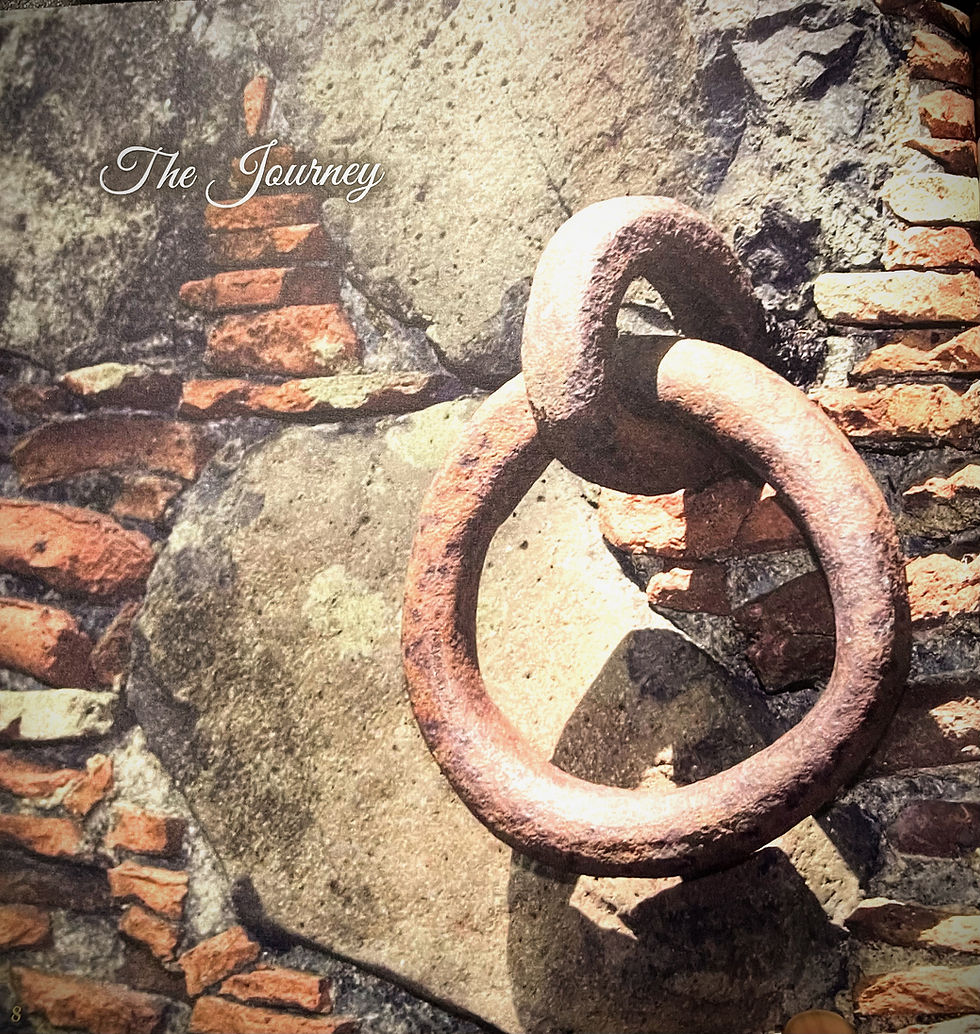Is August the New Black History Month?
- warriorgip
- May 23, 2024
- 3 min read
Updated: May 24, 2024

In 1915, Carter G. Woodson and Jesse Moreland started the Association for the Study of Negro Life and History. The precursor to today’s Association for the Study of African American Life and History. In 1926 Carter G. Woodson, the son of former enslaved people, frustrated with the absence of Black people from history textbooks, developed Negro History Week in an attempt to write Black people into the nation’s history. He believed “the achievements of the Negro properly set forth will crown him as a factor in early human progress and a maker of modern civilization.” Many people wonder why the shortest and sometimes coldest month of the year was chosen. Carter G. Woodson said he chose February to honor two great Freedom fighters. He wanted to honor Frederick Douglas who was born on February 12th and Abraham Lincoln who was born on February 14th.
In 1976 President Gerald Ford, during the Bicentennial Celebration officially recognized February as Black History Month. But a lot has happened since 1915. There is no doubt that Frederick Douglas is worthy of being honored. President Abraham Lincoln was called the Great Emancipator. But President Lincoln is honored each February with Presidents Day.
After almost fifty years, is it time to reconsider August as Black History Month? A lot of history has transpired since 1926 and 1976. Black August originated as a prison-based holiday to remember Black political prisoners, Black Freedom Struggles in the United States, and to highlight Black resistance against racial and social oppression. Black August was initiated by the Black Guerilla Family in San Quentin State Prison in 1979 to commemorate the deaths of brothers Jonathan P. Jackson (August 7, 1979), and George Jackson (August 21, 1971) at San Quentin State Prison.

Historically, August has been the most celebrated month of the year as we commemorate Black History.
·First Enslaved Africans kidnapped from Angola landed at Point Comfort in present-day Hampton on August 25, 1619.
·August 1st is Emancipation Day in Antigua and Barbuda, the Bahamas, Belize, Bermuda, British Virgin Island, Dominica, Grenada, Guyan, Jamaica, Saint Kitts and Nevis, Canada.
·The Watts riots in Los Angeles were on August 11-16, 1965.
·Pan-Africanist Marcus Garvey was born on August 17, 1887.
·The Nat Turner rebellion in Southampton County from August 21-23, 1831.
· Beginning of the Haitian Revolution to free enslaved in Saint Domingue on August 23, 1791.
·The term Underground Railroad first used on August 10, 1842.
·August 23rd is commemorated by UNESCO as the International Day of Remembrance of the Slave Trade and its Abolition.
·Fred Hampton, deputy chairman of the Black Panther Party was born on August 30th, and later assassinated by the US Federal Bureau of Investigation.
·Million Man March on Washington, August 1963.
We need to embrace critical thinking and explore 400 years of culture that has been excluded from history and our children’s history books. No longer is Black History month solely about George Washington Carver, Frederick Douglas, and Harriet Tubman. We need to teach ourselves about the rebellion and the struggle for freedom. We need to recognize the contributions from the ancestors from the past such as Madam C. J. Walker and how she changed the hair care industry for Black women. We need to know the contributions that Dr. Mary Mcleod Bethune and her contribution to education. The list goes on and on from Fannie Lou Hammer, Sojourner Truth, Phyllis Wheatley, to modern day journalist such as author Ibram X. Kendi who wrote “Stamped from the Beginning” the Definitive History of Racist Ideas in America. We cannot sit idle as our children are forbidden to learn African American History in public schools.
It may be impossible to switch Black History Month to August, but that cannot prevent us from celebrating and commemorating the great achievements our people have made during August and every other month, and not just February.
About the author: Calvin Pearson

Mr. Pearson, a native of Hampton, Virginia is Founder and President of Project 1619 Inc.,
Through his many years of research analysis, he proved that the first enslaved Africans arrived at Point Comfort on August 25, 1619. A date that has been widely accepted by scholars and historians.





Comments